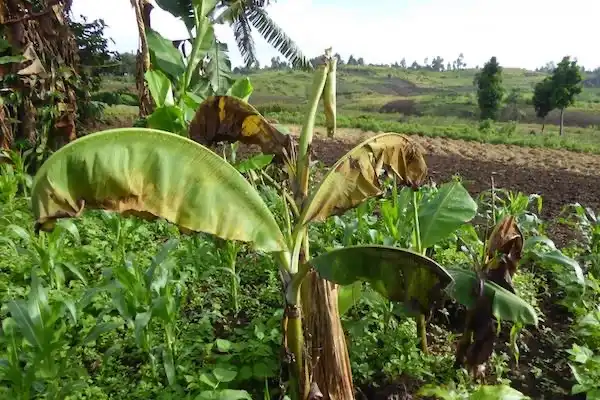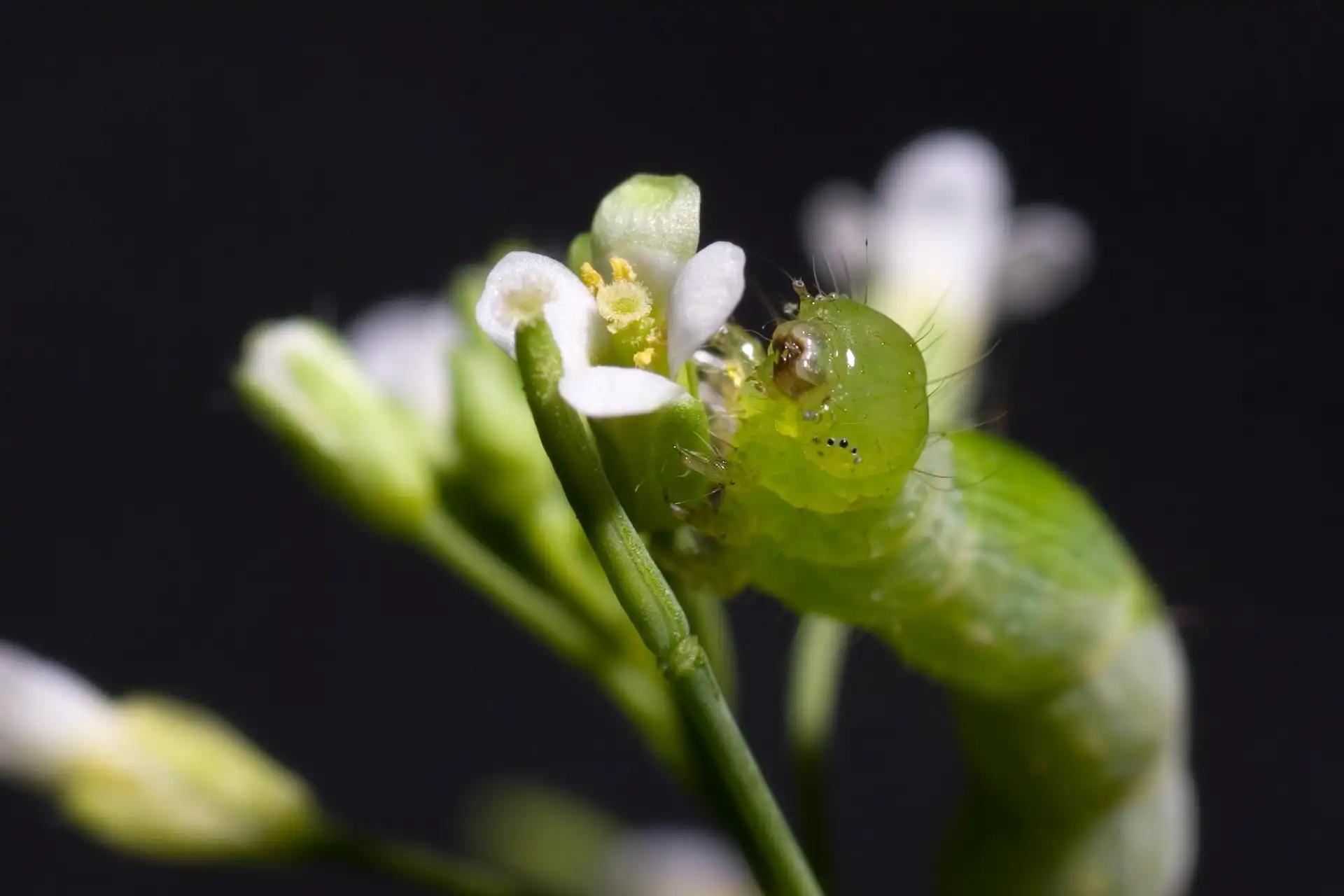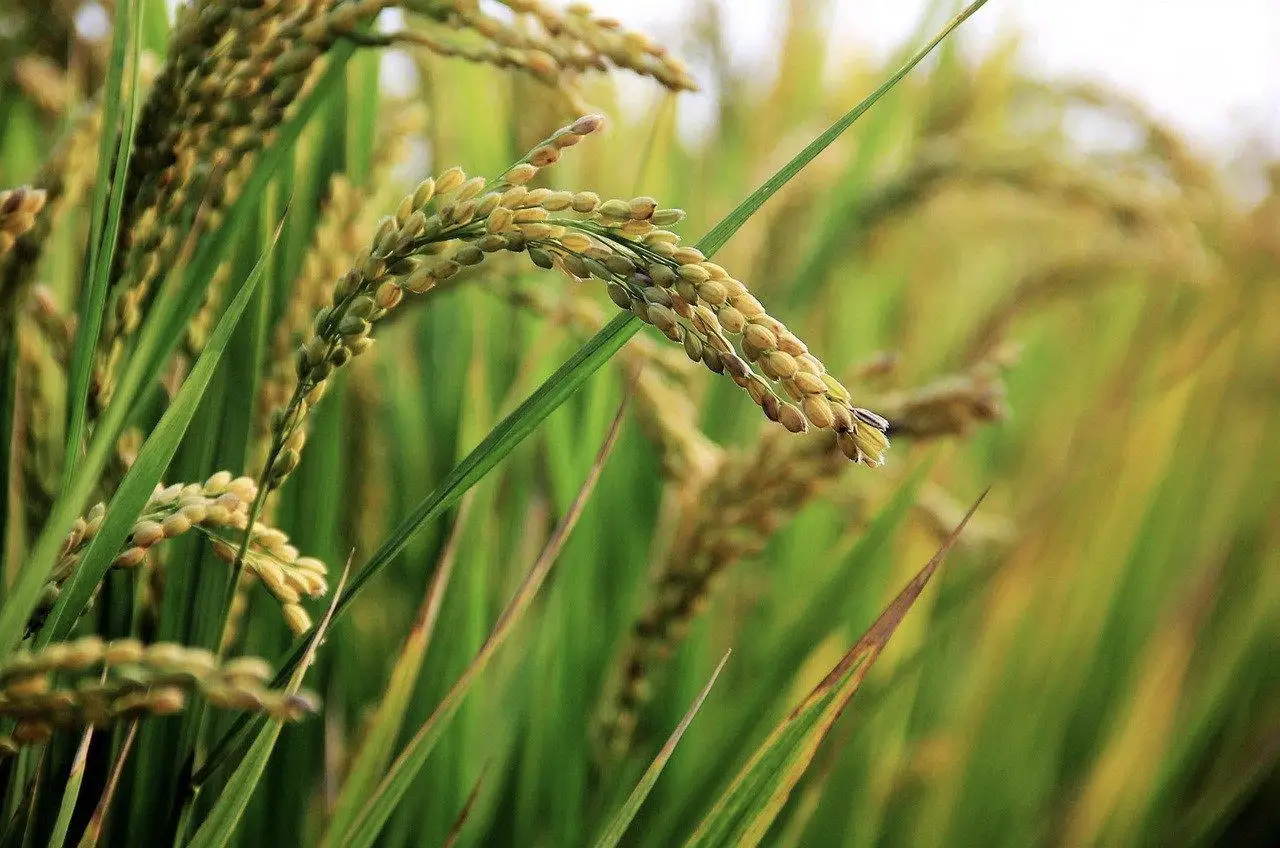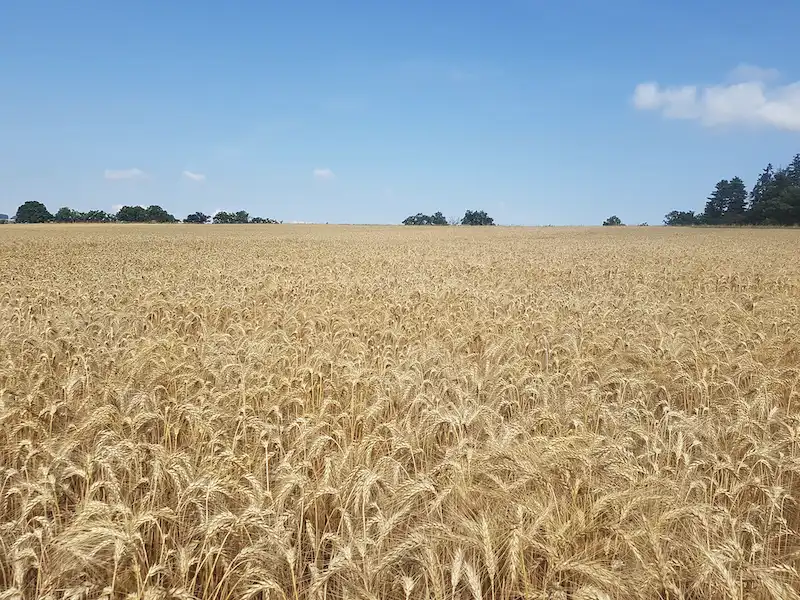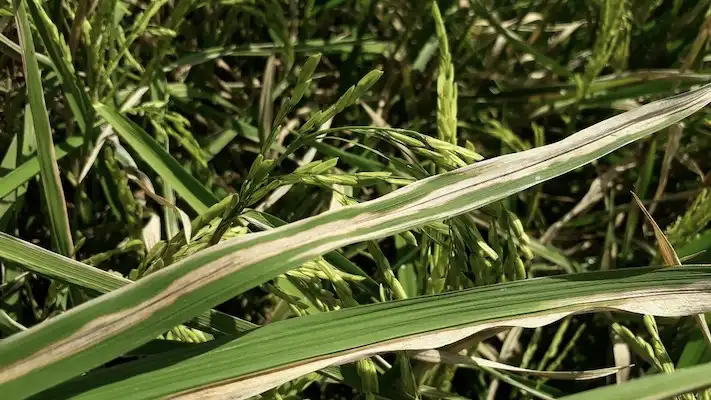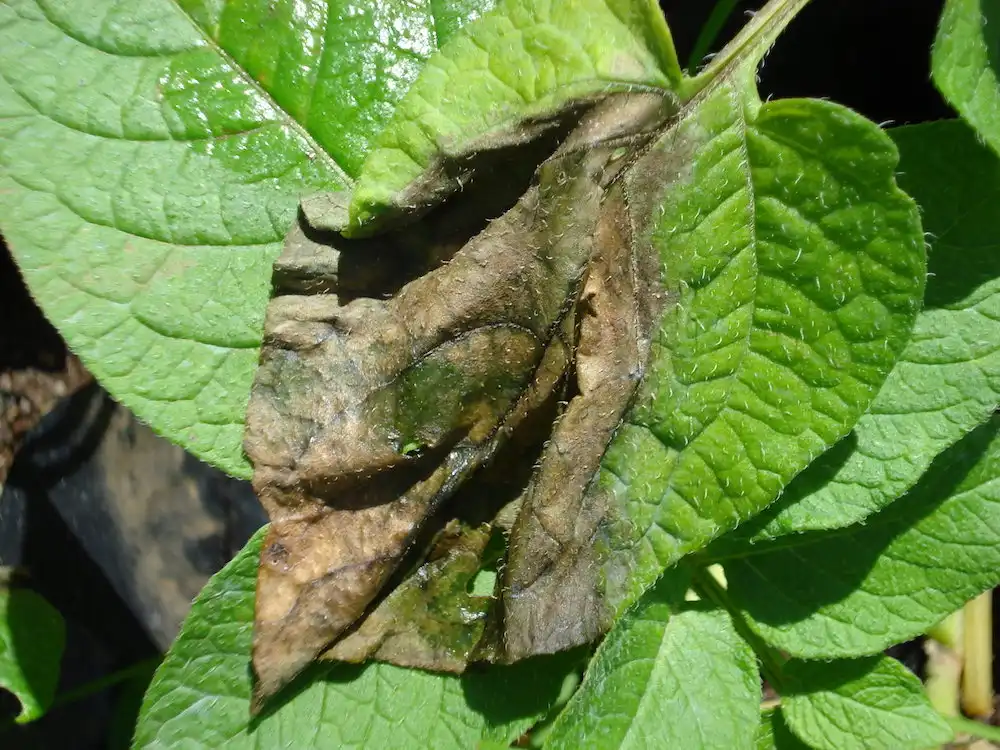
Researchers used text analytics on historical and contemporary writings, including tweets, to trace the spread of Phytophthora infestans, the pathogen behind the 1840s Irish potato famine and ongoing potato and tomato issues. By analyzing keywords and social media, they shed…
Read More




